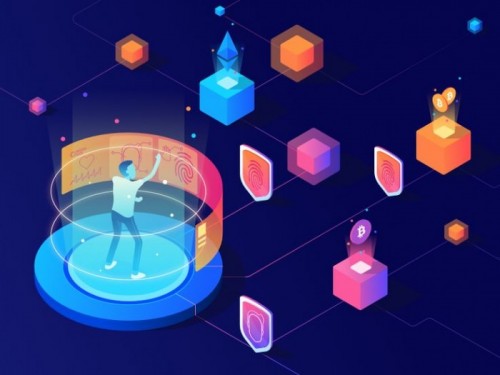
Ultimate Guide: What is an ERP ?
-
- 0 Share
- 936 Views
ERP represents the "Enterprise Resource Planning" acronym and the automated program package for the storage and processing of company records. ERP software includes software that automates corporate processes such as processing, distribution, billing, and more.
ERP enables the activities of the business in any department under layman's terms. ERP technology in Nepal boosts the way you work with company tools, whether they be production raw materials or hours of staffing.
There are several other ERP concepts, which range from the developer, provider, or technology media to developers. ERP, as most believe, is designed to offer better business procedures for all divisions of an organization.
The History of ERP Practices
Companies have always sought, although not possessing the tag, to use enterprise resource management. Companies still failed to reconcile their diverse operations in another nation and to compromise the money. This needed companies to employ new employees for a long time to handle each department. There had to be a means of regulating multinational corporations who outsourced labor overseas.
ERP's first traces of the manufacture of a paper-based scheduling method for the Economic Quantity (EOQ) concept. This was replaced by MPR methods developed in the late 1960s and then converted into tools for resource planning in the manufacturing sector (MRP II). The growth in electronic applications incorporated into day-to-day business activities initiated current ERP practices in the 1990ies. The concept was initially invented by the Gartner Company solely on modern digital technologies, helping manufacturers to handle supply chain links, managing inventories, electronic accounts, and many more.
Today, ERP is not only used in manufacturing but in a number of sectors. ERP software is also available on Cloud-hosted services from the beginning.
Types of ERP by Industry
In order to satisfy their particular needs, various types of ERP are produced for several industries:
Apparel ERP: As styles and seasons change, the textile market has a lot to cope with.
ERP Automotive: The ERP tools are available for handling product management, quality control, and programming.
Cannabis ERP: The ERP is a solution for the cultivation, manufacture, manufacturing, and sale of legal cannabis all-in-one.
Building ERP: Building contractors have to keep in charge of manpower, supplies, machinery, and any subcontractors that they have employed. With building activity management, ERP tech aids.
Higher Education ERP: College and university ERP systems support academic business processes ranging from tuition billing to exam grading.
Manufacturing ERP or MRP: Going back to the origins of ERP, MRP provides production planning, personnel, and machine workloads scheduling, and general inventory control along the supply chain.
Why is the use of an ERP solution unique to the industry so important? You can notice redundant functionality in a general ERP scheme. Higher education requires primarily computer resources for academics, teachers, and employees. Suppliers require software for the procurement of raw materials, for example. Although ERP for scheduling applications is always needed in a production facility, a school does not need ERP in order to handle raw materials.
You are just slow down your own infrastructure if your organization downloads a general ERP full of features that you do not use. You save disk space by merely downloading the ERP, rather than overloading your machines with a blown program kit.
Please
